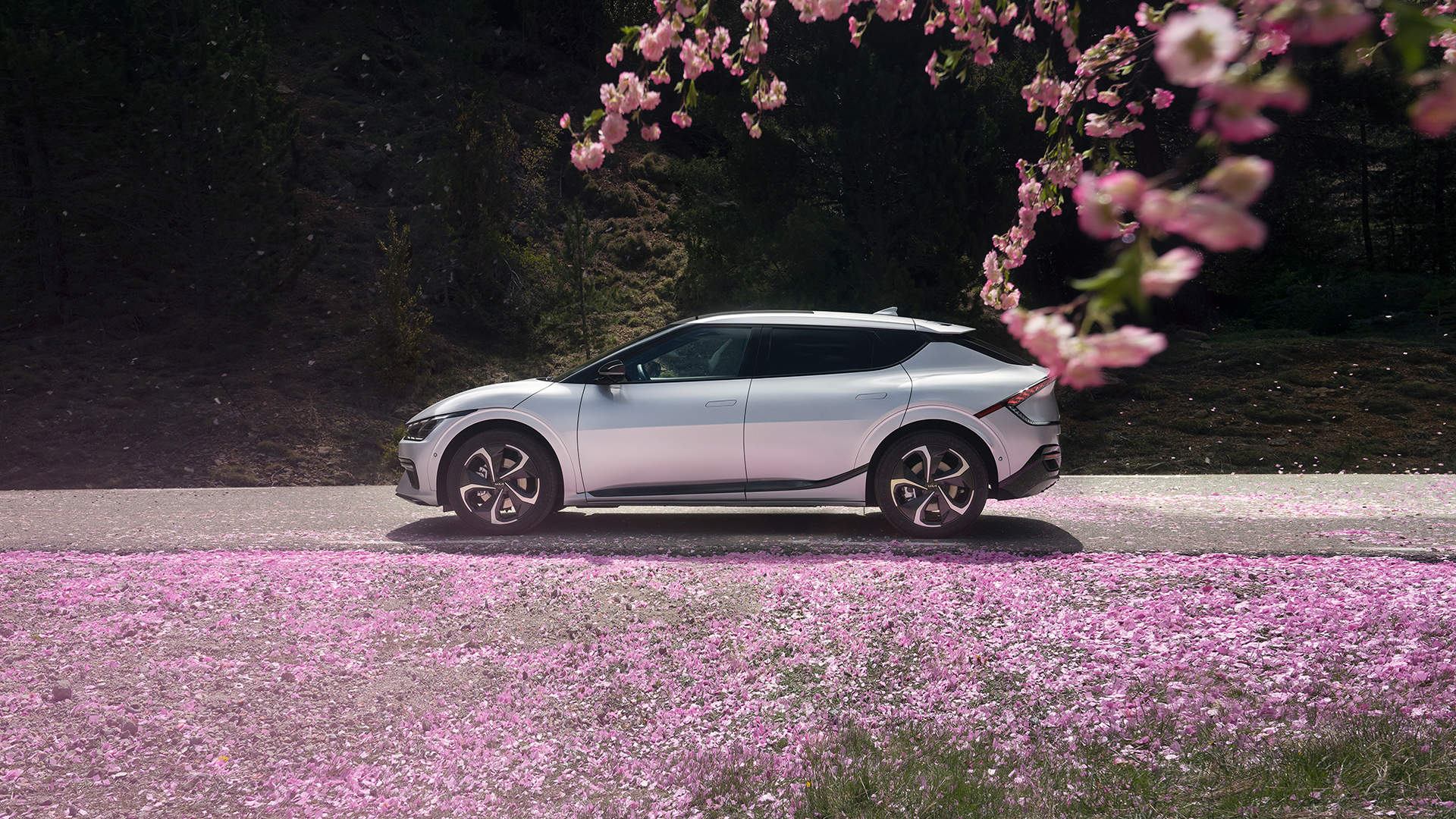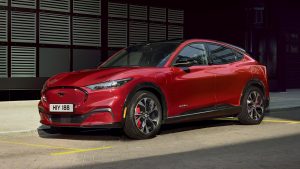Electric cars have been gaining popularity in recent years as a more sustainable and environmentally friendly alternative to traditional gasoline-powered vehicles. However, many people still have questions about how electric cars work and whether they require a transmission. In this article, we will explore the mechanics of electric vehicles and answer the question: do all electric cars need a transmission?
Body:
To answer this question, we first need to understand how electric cars work. Unlike gasoline-powered cars, which use an internal combustion engine to generate power, electric cars use an electric motor to convert electrical energy stored in a battery into mechanical energy that powers the wheels. This means that electric cars do not require a traditional transmission with gears to transfer power from the engine to the wheels.
However, some electric cars do have a transmission, albeit a different type than those found in gasoline-powered cars. Electric car transmissions are typically single-speed, meaning they only have one gear ratio. This is because electric motors have a much wider range of usable speeds than internal combustion engines, which means they can operate efficiently across a wider range of speeds without the need for multiple gears.
So why do some electric cars have a transmission? One reason is that a transmission can help improve the efficiency and performance of the vehicle. For example, a transmission can allow the electric motor to operate at its most efficient speed range, which can help extend the range of the vehicle and improve acceleration. Additionally, a transmission can help reduce the size and weight of the electric motor, which can help improve the overall efficiency of the vehicle.
However, not all electric cars require a transmission. In fact, many electric cars, particularly those with smaller motors, do not have a transmission at all. Instead, they rely on the motor's inherent efficiency and torque characteristics to provide smooth and efficient power delivery to the wheels.
Conclusion:
In conclusion, the answer to the question "do all electric cars need a transmission?" is no. While some electric cars do have a transmission, it is not a requirement for all electric vehicles. The decision to include a transmission in an electric car depends on a variety of factors, including the size and power of the motor, the desired performance and efficiency of the vehicle, and the design goals of the manufacturer. Ultimately, the goal of any electric car is to provide a sustainable and efficient mode of transportation, and whether or not it has a transmission is just one of many factors that contribute to achieving that goal.




+ There are no comments
Add yours